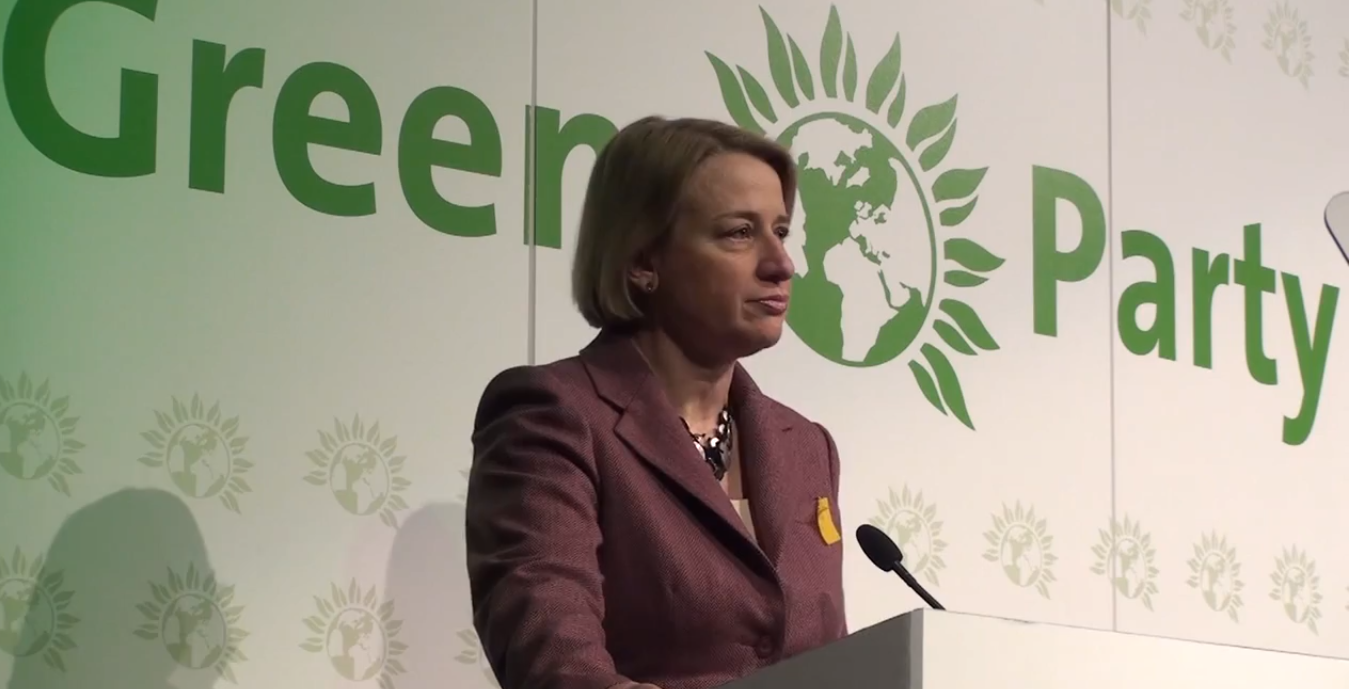The Green spectre
I was reading the other day that The Green Party Is The Second Most Popular Party For Young People. This popularity surge is probably not that surprising really - we see increased environmental awareness in younger people these days, and it’s often the case that a vote for a minor party means a vote that expresses disenchantment towards the mainstream parties. However, many prospective Green voters would surely be thinking about being a little more circumspect if they saw Andrew Neil's Sunday Politics interview with Green Party leader Natalie Bennett, which stands out for me as one of the most alarming exposures of ill-conceived economic policy I've seen in a long time. It's rare to see a leader having her party's policies torn to shreds without even the smallest ability to defend them or balance them up - instead simply getting in a jam each time and responding with “I would urge your viewers to go our website and see how the figures are worked out.”
Alas, that's the reality, though - their policies are indefensible - economic moonshine of the worst kind I've seen. Not only are they inimical to successful human progression and increased prosperity, they are antithetical to even the basic truths you'd learn about in first year economics.
Their proposed wealth tax is simply a pipe dream. Bennett claims it will generate between £32 billion and £45 billion, when the reality is that wealth taxes in other European countries generated only a fraction of that. Add to that the proposals for import tariffs, business subsidies, increased minimum wage, price controls, and the kind of Piketty-esque redistributive taxation that would be almost certain to hamper innovation, and drive much of our best talent out of the UK, and there is a good case to made that with The Green Party in their current form, we have, in terms of the economy, perhaps the most dangerous fringe party of them all - a party whose policies would severely compromise the global benefits of innovation, trade, competition and the free market of supply and demand far more than all the other parties would.
A vote for the Green Party actually gives every indication of being a vote for negative growth, as they look to free humankind from what they perceive as the disaster of its Promethean economic advances. While it’s true that in some cases people willingly vote for one of the smaller parties because they are disenchanted with mainstream politics, it’s also true that as the landscape begins to shift, and dissection of the minor parties' policies intensifies as more look to get their feet in Westminster’s door, surely very few people could actually bear to envisage what the country would be like if The Green Party's policies were ever made manifest in any kind of sphere of political influence. At the very least Natalie Bennett's car crash defence of the Green policies on Sunday Politics should elicit the well known spectre: 'Be careful what you wish for' young people. Or to use a famous Shakespeare line:
Take but degree away, untune that string, And, hark, what discord follows!

